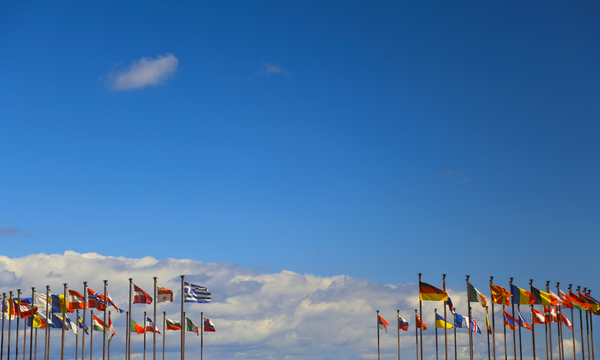
The Challenges of Multilateral Diplomacy: Navigating Complex Alliances


Diplomacy has always been a critical tool in the management of international relations. It is especially vital in a world where countries have become more interconnected and interdependent. In recent years, multilateral diplomacy has emerged as a preferred approach to solving complex global challenges. However, navigating complex alliances presents its own set of challenges.
Multilateral diplomacy refers to a process where three or more countries work together to address common challenges. This can take the form of international organizations, such as the United Nations or regional bodies like the African Union or the European Union. Multilateral diplomacy allows countries to pool their resources, expertise, and perspectives to solve shared problems.
One of the significant challenges of multilateral diplomacy is the diversity of the member countries. Countries come with different political systems, cultural values, and economic interests. This can lead to conflicts and disagreements when trying to reach consensus on particular issues. Negotiating and finding a common ground can be an arduous and time-consuming process.
Another challenge of multilateral diplomacy is balancing the competing interests of member states. Countries are motivated by their national interests, which can often be divergent from the collective interests of the group. Finding a solution that addresses the needs of all members can be a difficult task.
The complexity of multilateral diplomacy is also highlighted by the competing power dynamics between member countries. Some countries may have more significant influence and power than others. The resulting power imbalances can make it challenging to reach a consensus and can lead to unequal outcomes.
Multilateral diplomacy also requires a lot of resources and coordination, making it an expensive and time-consuming process. Diplomats must coordinate with their counterparts from other countries, ensure that their governments are on board with any agreements, and manage the expectations of their citizens.
Despite the challenges, multilateral diplomacy has been instrumental in addressing complex global challenges, such as climate change, terrorism, and pandemics. By working together, countries can achieve more than they could individually. The Paris Climate Agreement and the Iran Nuclear Deal are examples of successful multilateral diplomacy efforts.

